Health Access
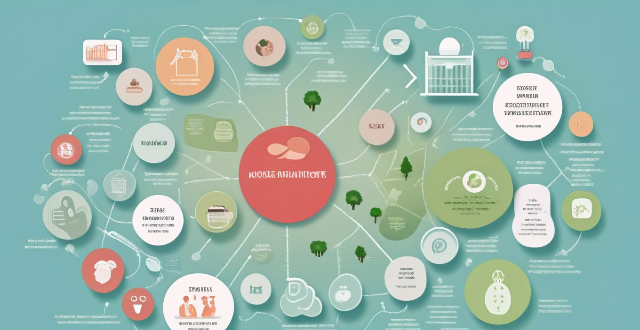
How can we improve access to healthcare services in developing countries ?
Improving access to healthcare services in developing countries is crucial for ensuring the well-being of individuals, regardless of their geographical location or economic status. Key strategies include investing in healthcare infrastructure, training and recruiting healthcare professionals, implementing community-based health programs, and utilizing technology and innovation. By adopting a multifaceted approach that addresses various aspects of the healthcare system, it is possible to make significant strides in improving access to quality healthcare services for all individuals living in developing countries.

How can we ensure that marginalized communities have access to vaccines ?
Ensuring that marginalized communities have access to vaccines is crucial for global health equity. This article explores strategies to address barriers such as lack of awareness, limited access to healthcare services, mistrust of the healthcare system, financial barriers, and logistical challenges. Education and information campaigns, mobile clinics and outreach programs, building trust through partnerships, providing affordable or free vaccines, and improving infrastructure and supply chain management are among the solutions discussed. By implementing these strategies, we can work towards a world where everyone has equal access to life-saving vaccines.

How does telemedicine improve patient care and access to health services ?
Telemedicine improves patient care and access to health services by increasing accessibility for both rural and urban patients, enhancing continuity of care, offering cost efficiency, providing a better patient experience through personalized care and convenience, and enabling data-driven decision making.
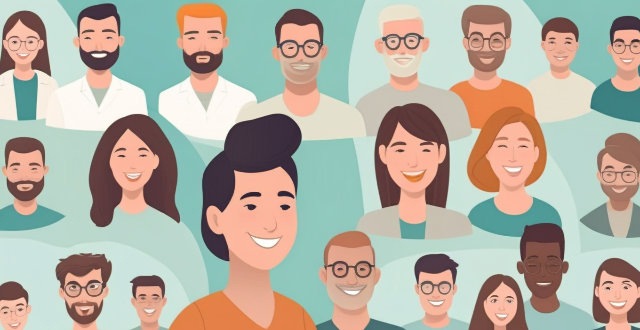
What are the potential health risks associated with climate refugees ?
Climate refugees face potential health risks related to physical and mental health, as well as social determinants of health. These risks include exposure to environmental hazards, limited access to healthcare services, malnutrition and food insecurity, trauma and post-traumatic stress disorder (PTSD), grief and loss, social isolation and alienation, housing instability and overcrowding, limited access to education and employment opportunities, and vulnerability to human rights abuses. Addressing these risks requires a comprehensive approach that includes improving access to healthcare services, ensuring adequate nutrition and safe housing, providing mental health support, and promoting social inclusion and protection against human rights abuses.

What role does access to healthcare play in mitigating the health effects of climate change ?
The text discusses the role of healthcare accessibility in mitigating the health effects of climate change. It highlights the importance of preventive care, emergency response, and chronic disease management in reducing vulnerability to climate-related health risks. The text also explores direct and indirect effects of climate change on human health, such as heat-related illnesses, respiratory issues, vector-borne diseases, mental health impacts, nutritional impacts, and displacement and migration. Finally, it suggests adaptation strategies for healthcare systems, including building resilient infrastructure, integrating climate change considerations into public health systems, and training community health workers on climate change impacts.
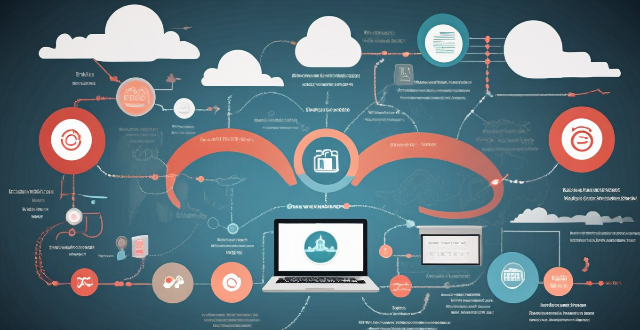
Do unlimited data plans really provide unrestricted internet access ?
Unlimited data plans are marketed as offering unrestricted internet access, but there are often limitations in practice. These include network management practices during peak hours, fair use policies that may reduce speeds for excessive usage, and throttling after reaching certain data thresholds. Additionally, coverage areas and hidden costs can also impact the user experience. It's important to understand the specific terms of your plan before assuming you'll have completely unfettered access.
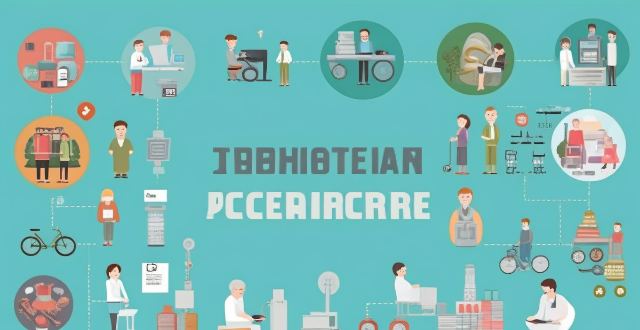
How can we ensure equitable access to healthcare during pandemic management ?
The article emphasizes the significance of equitable healthcare access during pandemics like COVID-19. It outlines various strategies to achieve this goal, including implementing universal health coverage, utilizing community health workers, expanding telehealth services, managing supply chains efficiently, conducting public education campaigns, providing financial support to vulnerable groups, and fostering collaborative partnerships. These measures aim to ensure that everyone has equal opportunities to receive medical care, regardless of their socio-economic status, race, ethnicity, or geographic location.

What policies have countries implemented to ensure equal access to education for both sexes ?
Policies for Equal Education Access: Key Policies and Challenges

How can I control who has access to my personal data ?
How can I control who has access to my personal data? To control who has access to your personal data, it's important to: 1. Understand what personal data you have and where it is stored. 2. Review privacy policies and settings of websites and apps you use regularly. 3. Use strong passwords and two-factor authentication to protect your accounts. 4. Limit the amount of personal data you share online. 5. Regularly review and update your privacy settings. By taking these steps, you can help protect your personal data from unauthorized access and ensure that it remains private.
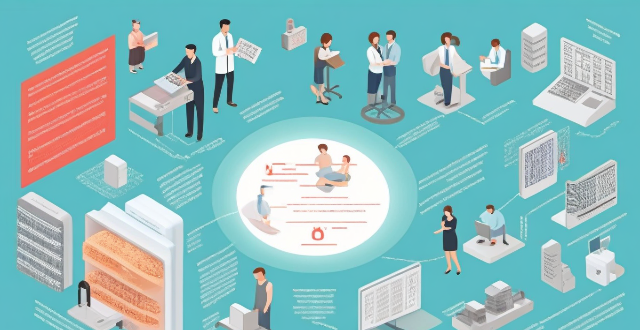
How does vaccine distribution affect public health ?
Vaccine distribution is crucial for global health, reducing disease incidence and healthcare costs while increasing productivity. Challenges include inequitable access, logistical complexities, and public perception issues.
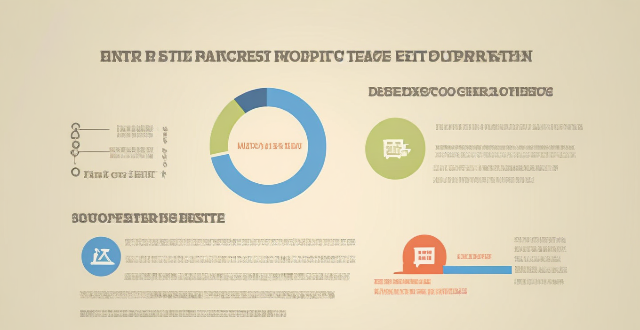
How do I manage my child's Apple ID and restrict their access to certain content ?
This guide provides step-by-step instructions for parents on how to manage their child's Apple ID, set up Family Sharing, and restrict access to certain content using Screen Time and Content & Privacy Restrictions. The goal is to ensure online safety for children by monitoring their activities and limiting their exposure to inappropriate content.

Why is vaccine equity important for global health ?
Vaccine equity is crucial for global health as it ensures fair distribution of life-saving vaccines worldwide. It helps prevent disease outbreaks, reduce health inequalities, promote economic stability, and improve overall health outcomes. By ensuring everyone has access to vaccines, we can create a healthier world for all.

In what ways does climate change contribute to poor nutrition and malnutrition ?
Climate change affects nutrition and health by causing extreme weather events, changes in crop production, loss of biodiversity, food security issues, and limited access to clean water. These factors can lead to malnutrition and related health problems. It is important to take action to mitigate the effects of climate change and ensure that everyone has access to adequate nutrition and resources for good health.

What is the relationship between climate change and environmental racism, and how can we address this issue through climate justice ?
Climate change and environmental racism are interconnected issues that disproportionately affect marginalized communities. The relationship between the two is multifaceted, involving displacement, health impacts, economic disparities, infrastructure vulnerabilities, and limited access to information and resources. To address these issues, pursuing climate justice is crucial, which involves ensuring equal representation in climate policy decisions and equitable distribution of benefits and burdens associated with climate action. Key strategies for achieving climate justice include community engagement, equitable resource allocation, health protection measures, economic opportunities, infrastructure resilience, access to information, legal protections, and global cooperation.
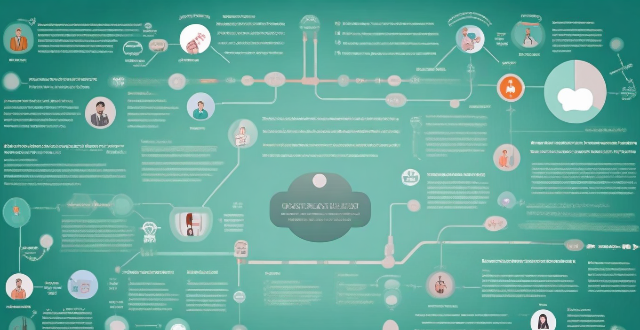
What is the importance of mental health in global health initiatives ?
This document discusses the importance of mental health in global health initiatives. It explains why mental health matters and how it affects physical health, economic stability, and social outcomes. The document also discusses how mental health affects global health initiatives and emphasizes the need for culturally sensitive approaches to address mental health issues sustainably.

**How can I control who has access to the files I share through iCloud ?
The text provides a guide on how to control access to files shared through iCloud. It suggests setting up iCloud Family Sharing for sharing with family members, using iCloud Drive for general file sharing, creating Shared Albums for photos and videos, and managing access to specific apps that use iCloud. These steps ensure that only the intended recipients can view and edit the shared files.

How can we ensure equitable access to vaccines and medical treatments during global health crises ?
Strategies to ensure equitable access to vaccines and medical treatments during global health crises include: 1. **Global Cooperation**: Sharing information, joint research, and collaborative efforts between countries and pharmaceutical companies. 2. **Fair Distribution**: Mechanisms like COVAX and the WHO's Vaccine Allocation Framework to guide equitable distribution. 3. **Affordability and Financing**: Tiered pricing and financial support from institutions like the Global Fund and GAVI. 4. **Capacity Building**: Investing in healthcare infrastructure and providing technical assistance to under-resourced areas. 5. **Transparency and Accountability**: Monitoring systems and public engagement to promote trust and encourage uptake.
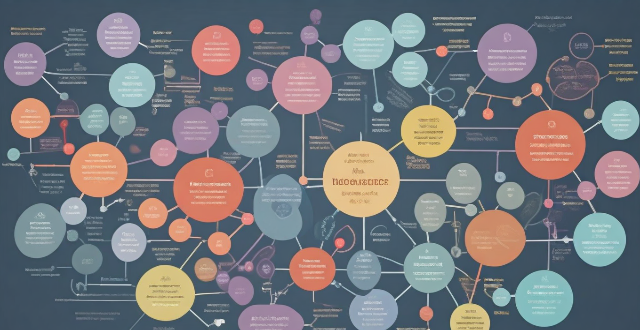
How does equitable vaccine distribution affect public health outcomes ?
Equitable vaccine distribution is crucial for global health security, herd immunity, reduced disease severity, economic stability, and social equity. It leads to decreased transmission rates, improved global health indicators, increased trust in health systems, and enhanced research. However, logistical hurdles, political will, and resource allocation are challenges that must be addressed.

What is the role of the World Health Organization (WHO) in promoting global health ?
The World Health Organization (WHO) plays a crucialThe World Health Organization (WHO) plays a crucial by providing leadership, setting norm WHO's work is focused on improving health outcomes worldwide through various activities such as convening stakeholders, establishing international standards for health, generating scientific knowledge to inform policy decisions, providing technical support to countries, and monitoring global health trends.

How does climate change exacerbate gender inequality in access to resources and decision-making ?
Climate change exacerbates gender inequality by disproportionately affecting women and girls in access to resources and decision-making. Women often have limited access to resources such as water, food, and land due to cultural norms, lack of education, and poverty. They also have limited participation in decision-making processes due to cultural norms and lack of education. To address these issues, it is important to prioritize gender equality in climate change adaptation and mitigation strategies by ensuring that women's voices and experiences are taken into account when making decisions.

How do women's health and education projects address global disparities ?
Women's health and education are crucial for global development, affecting communities' well-being. Women's health projects ensure access to quality healthcare services, including prenatal care and family planning. Education initiatives promote gender equality by increasing girls' enrollment rates and eliminating classroom biases. Economic empowerment projects provide job training and microfinance loans to women entrepreneurs. These efforts create a more equitable world where everyone can thrive.
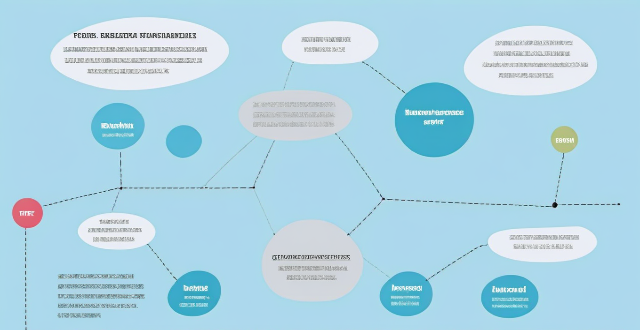
**How can I access and manage my iCloud data from a non-Apple device ?
This guide provides step-by-step instructions on how to access and manage iCloud data from a non-Apple device. It includes prerequisites such as having an active iCloud account and using a compatible web browser. The steps include visiting the iCloud website, logging in to your account, choosing a service to access, managing your data, and signing out of iCloud when finished. Common actions within each service are also outlined. By following these steps, users can effectively access and manage their iCloud data from any non-Apple device with an internet connection and a compatible web browser.
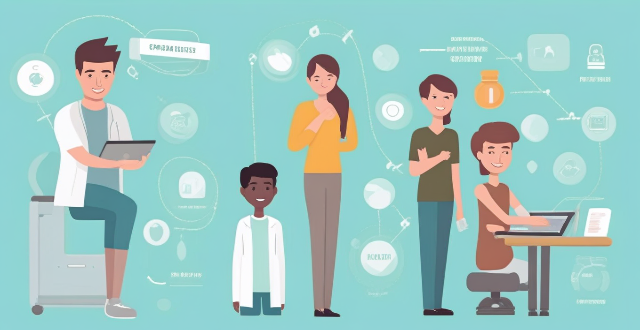
What role does reproductive health play in overall women's wellness ?
Reproductive health is a crucial aspect of overall women's wellness. It encompasses the physical, emotional, and social well-being related to the reproductive system. Some key aspects of reproductive health include menstrual health, pregnancy and childbirth, contraception, screening and prevention, self-esteem, mental health, relationships, education and empowerment, access to care, and gender equality. By addressing these various aspects of reproductive health, we can ensure that women lead healthy, fulfilling lives both physically and emotionally.

How can I control which apps have access to my location data on my Apple devices ?
Managing app access to location data on Apple devices is crucial for privacy and security. Here's a guide: 1. **Access Privacy Settings**: On iOS, go to Settings > Privacy > Location Services. On macOS, click the Apple menu > System Preferences > Security & Privacy > Privacy > Location Services. 2. **Toggle Location Services**: Turn on the main switch if you want apps to use your location; turn it off to disable all tracking. 3. **App-by-App Permissions**: Set permissions for each app under Location Services. Options include Never, Ask Next Time, While Using the App, and Always. 4. **System Services**: Manage system-level services that use location data in the Location Services settings on both iOS and macOS. 5. **Frequent Permission Checks**: Regularly review and revoke unnecessary permissions, especially for apps not obviously related to location services. Additional tips include keeping software updated, reading app privacy policies, and using privacy reports in iOS to monitor app access to location data.

How does sea level rise impact public health, especially in coastal areas ?
Sea level rise, driven by global warming and climate change, poses significant threats to public health in coastal areas through flooding and storm surge, waterborne diseases, environmental health hazards, mental health concerns, economic impacts, and social determinants of health. Addressing this challenge requires a multifaceted approach that includes adaptation strategies, improved infrastructure resilience, and mitigation efforts to reduce greenhouse gas emissions.

What are the potential health benefits of an energy transition ?
The energy transition from fossil fuels to renewable sources can significantly improve public health by reducing air pollution, mitigating climate change effects, creating economic opportunities in clean energy sectors, and promoting active lifestyles. This shift benefits respiratory and cardiovascular health and can lead to better access to healthcare services. Policies supporting the energy transition should consider both environmental and health objectives for a sustainable and healthier future.

How can schools improve student mental health ?
Improving student mental health is crucial for academic success and overall well-being. Schools can help by creating a supportive environment, implementing mental health programs, providing access to resources, promoting healthy habits, addressing bullying and harassment, offering extracurricular activities, monitoring academic pressure, and encouraging self-care. By implementing these strategies, schools can create an environment that supports the mental health of all students, allowing them to thrive both academically and personally.

What is the connection between urban green spaces and public health ?
Urban green spaces, such as parks and gardens, promote public health by improving air quality, encouraging physical activity, reducing stress, fostering social connections, and providing access to healthy food options. These spaces are crucial for the physical, mental, and social well-being of city residents.
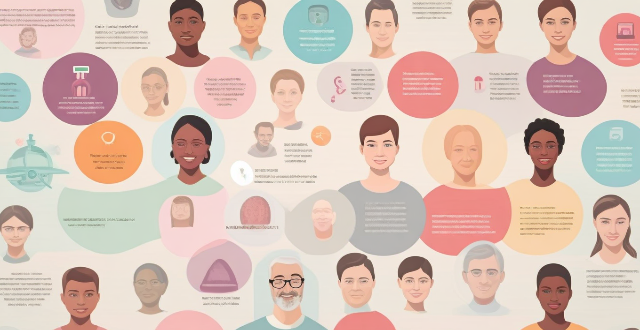
What are the key challenges facing global health security today ?
Global health security faces several key challenges, including emerging infectious diseases, antimicrobial resistance, weak health systems, political instability and conflict, and social determinants of health. These challenges threaten the well-being of people worldwide and require collective efforts to prevent, detect, and respond to infectious diseases that threaten human health.
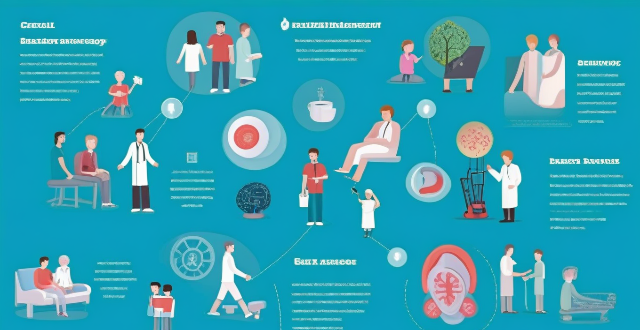
What is the role of technology in improving global health outcomes ?
Technology plays a crucial role in improving global health outcomes through advanced medical equipment, digital health solutions, and more. It has revolutionized diagnosis, treatment, disease surveillance, prevention, accessibility, affordability of healthcare services, research and development initiatives, and health literacy and education. Technology's impact on global health will continue to grow positively as it evolves at a rapid pace.